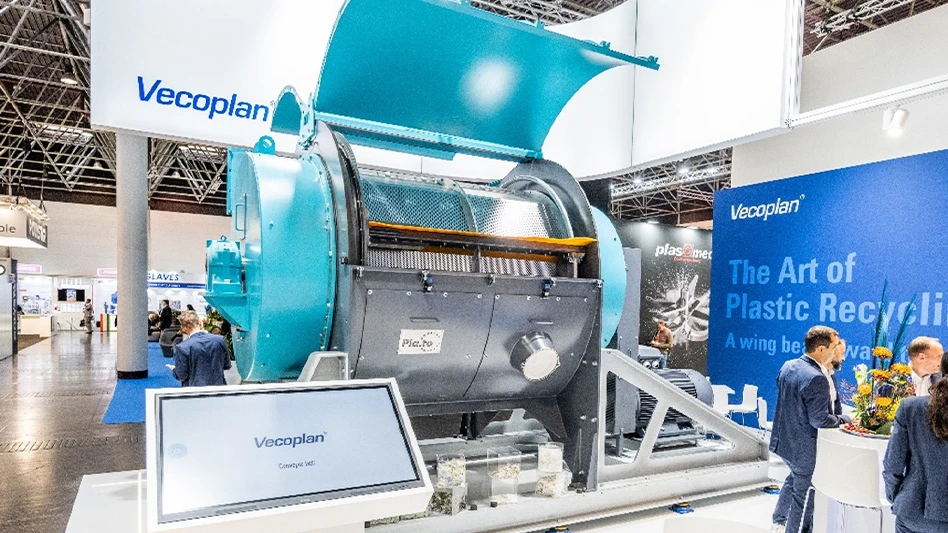Credit scores, with their influence on what consumers pay for auto loans, mortgages and credit cards, are becoming an increasingly important number in today’s culture. Despite the importance of these scores, consumers know very little about how the credit reporting system works.
Credit Scores & Credit Reports, a book by Evan Hendricks, editor and publisher of the "Privacy Times" newsletter, promises to help readers clear up some of the confusion on the topic and, perhaps more importantly, instructs consumers on how they can improve their FICO (Fair Isaac & Co. Credit) scores, often time the major factor in determining interest rates for consumer loans. Hendricks also covers the topics of identity theft, problematic credit reporting tactics by some debt collectors and how to obtain professional help in the area of credit repair.
The book is available online at www.privacytimes.com and at www.amazon.com.
The 411 on ID Theft 911
The Los Angeles Police Federal Credit Union (LAPFCU) has announced that it will provide identity theft services for its entire membership through Identity Theft 911 (www.identitytheft911.com).
The program will provide LAPFCU members identity theft victim assistance and consumer education at no cost. The program also includes access to Identity Theft 911’s consumer education program on identity theft risks and defenses.
The Identity Theft 911 victim resolution service provides:
• A personal advocate who works with the victim until the crisis has been resolved
• Comprehensive case file creation for insurers and police
• Preparation of all needed documents
• One year of credit monitoring and fraud monitoring
• A full year of follow-up alerts, phone calls and status checks to avoid recurrence
In addition, the consumer education component will provide all LAPFCU members with ongoing e-mailed fraud alerts, a monthly newsletter and a dedicated Web site with articles, interviews and white papers covering every aspect of identity theft.
NAID Offers HIPAA Help
The National Association for Information Destruction (NAID), Phoenix, has printed a marketing brochure that can help its member companies reach out to medical offices.
The full-color, tri-fold brochure addresses aspects of the federal Health Insurance Portability and Accountability Act (HIPAA) that may create a need for document destruction services for medical offices.
Titled "HIPAA Requirements for Destruction of Protected Health Information," the brochure spells out which types of medical practices are covered by HIPAA and how they may be obligated to properly destroy confidential information.
Additionally, the brochure states that NAID member companies offer a convenient container placement service that can unobtrusively collect the confidential information and pick it up at the customer’s convenience.
The HIPAA brochure from NAID joins a similar one on recent FACTA (Fair and Accurate Credit Transaction Act) rules.

Explore the March 2005 Issue
Check out more from this issue and find your next story to read.
Latest from Recycling Today
- Equipment from the former Alton Steel to be auctioned
- Novelis resumes operations in Greensboro, Georgia
- Interchange 360 to operate alternative collection program under Washington’s RRA
- Waste Pro files brief supporting pause of FMCSA CDL eligibility rule
- Kuraray America receives APR design recognition for EVOH barrier resin
- Tire Industry Project publishes end-of-life tire management guide
- Des Moines project utilizes recycled wind turbine blades
- Charter Next Generation joins US Flexible Film Initiative





